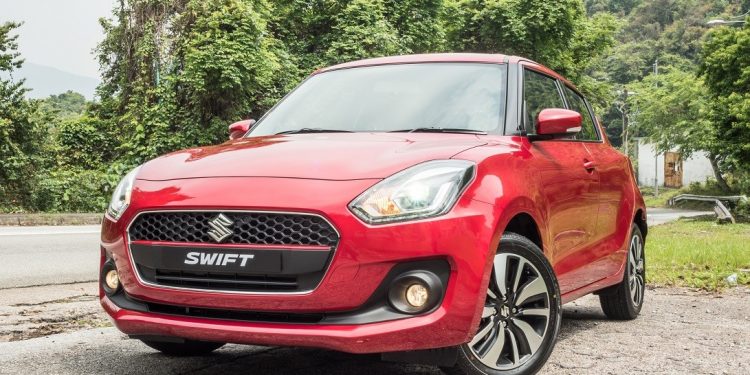In a significant development for the automotive industry, Pak Suzuki Motor Company has announced plans to export cars and bikes to Bangladesh. This move highlights growing regional trade ties and offers an opportunity to meet the increasing demand for affordable vehicles in Bangladesh.
1. A Step Toward Regional Collaboration
Pak Suzuki’s decision to export vehicles to Bangladesh underscores the strengthening economic relationship between South Asian neighbors. This initiative aligns with efforts to boost regional trade and expand markets for quality yet affordable vehicles.
2. Meeting Bangladesh’s Automotive Demand
Bangladesh’s growing economy has led to an increased demand for vehicles, especially in urban areas. With a significant portion of the population seeking affordable transportation options, Pak Suzuki’s products are expected to find a receptive market.
- Cars: Compact and fuel-efficient models are likely to cater to the needs of city dwellers.
- Bikes: Economical two-wheelers will address the demand for low-cost mobility solutions.
3. Advantages of Suzuki’s Entry into Bangladesh
Pak Suzuki’s entry into the Bangladeshi market is expected to offer several benefits:
- Affordability: Competitive pricing will make vehicles accessible to a broader audience.
- Reliability: Suzuki’s reputation for durability and efficiency aligns with the needs of Bangladeshi consumers.
- Employment Opportunities: The expansion may encourage local assembly and production in the future, creating jobs and boosting the economy.
4. Challenges in the Bangladeshi Market
Despite the promising prospects, Pak Suzuki may face challenges, including:
- Import Duties: High tariffs could affect the pricing of imported vehicles.
- Infrastructure: Limited road infrastructure in rural areas may impact vehicle adoption.
- Competition: Existing automotive players in Bangladesh may pose a competitive threat.
5. Future Prospects
Pak Suzuki’s venture into Bangladesh is a step toward diversifying its export markets and fostering regional economic collaboration. If successful, this initiative could pave the way for other automotive companies to explore opportunities in Bangladesh. The collaboration may also lead to technological exchanges and further integration of the automotive supply chain in South Asia.
Conclusion
Pak Suzuki’s move to export cars and bikes to Bangladesh marks a significant milestone in the region’s automotive industry. With the potential to meet the growing demand for affordable and reliable vehicles, this initiative could positively impact Bangladesh’s economy and the daily lives of its people. As the partnership develops, it promises to strengthen trade ties and open new opportunities for both nations.




